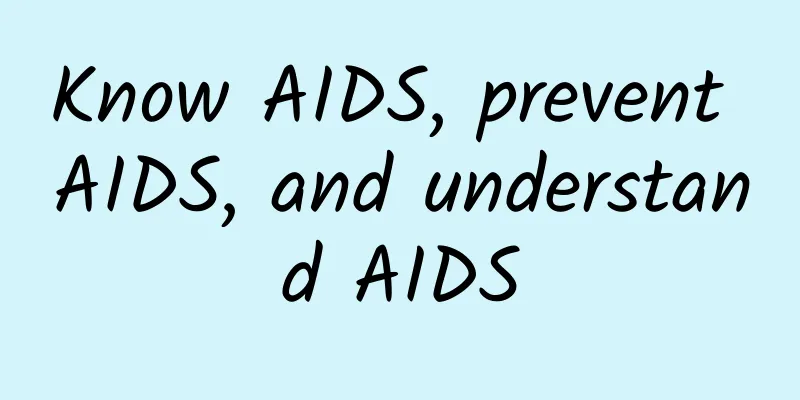Can pregnant women use disinfectant?

|
During pregnancy, pregnant women must stay away from many substances, especially some toxic substances, because these substances will not only affect the physical health of pregnant women, but also affect the development and growth of the fetus, and even threaten the life safety of the fetus. Therefore, pregnant women should not use disinfectants containing toxic substances, and they should not even smell disinfectants with irritating odors! 1. Can pregnant women use disinfectant? Disinfectants are highly irritating and contain ingredients that are harmful to the human body. Frequent contact during pregnancy may cause the fetus to be deformed! For the health of the fetus, expectant mothers please stay away from disinfectants! 2. Can pregnant women smell disinfectant? Generally speaking, it is not recommended to use irritating liquids for disinfection during pregnancy. Some disinfectants can evaporate and cause poisoning after inhalation. This situation is still relatively dangerous during pregnancy. Commonly used disinfectants mainly include peracetic acid, Lysol, 84 disinfectant, etc. However, disinfectants must be used in a targeted manner. Cleaning disinfectant concentrates such as 84 disinfectant must be diluted according to the instructions and are only suitable for scrubbing countertops, floors, or washing hands. If it is not configured in proportion, it will be corrosive to a certain extent and damage the items being disinfected. In addition, 84 disinfectant is not volatile. It can be effective through immersion for viruses such as hepatitis, but it has little effect on droplets floating in the air, so citizens should not buy it blindly. 3. Precautions for disinfectant 1. If there are infants, pregnant women, the elderly or other people with low immunity, or patients in the family, use disinfectants with caution. If there are no patients with infectious diseases, it is best not to use disinfectants. 2. Avoid using wine bottles or beverage bottles to hold disinfectants to avoid misuse. Do not use beverage bottles instead of disinfectant bottles to avoid adults or children accidentally drinking them and getting poisoned. If you use other bottles, be sure to mark them as "disinfectant". Disinfectants stored at home should be kept out of the reach of children or kept locked up. 3. Correctly select and use chemical disinfectants according to the instructions. Read the product instructions carefully before use and strictly follow the concentration, dosage and disinfection time of the disinfectant. 4. Wear certain protective clothing (gloves, glasses, etc.) during the application process and do not touch the original liquid directly with your hands. Anything that has been soaked in disinfectant must be cleaned thoroughly to remove any residue. |
<<: Nausea and vomiting when drinking water during early pregnancy
>>: Can I drink honey water when I am pregnant?
Recommend
Do I need to wash my newly bought underwear? What happens if I don't wash my newly bought underwear?
Underwear is a must-have item for all seasons, bu...
What are the main effects of sesame paste? Which is better, black sesame paste or white sesame paste?
Scientists have found that in terms of nutritiona...
What causes pain in the left lower abdomen of women?
Pain in different parts of the body means the occ...
What kind of body will not edema during pregnancy
Everyone's physical fitness is different duri...
What to do if a pregnant woman has spotting in the early stages
The biggest wish of every woman during pregnancy ...
Be alert to these 4 early "help signals" of chronic nephritis
Chronic nephritis is a common kidney disease in c...
How to treat leucorrhea with blood and lower abdominal pain
The so-called ovulation period is when the next m...
How long does it take to ovulate after a weak positive test?
If you want to test whether you are in your ovula...
How to choose good winter dates? Are winter dates acidic or alkaline?
Compared with other fruits, winter dates are also...
The best way to improve girls' calf muscles
For a woman, if she is in a state of exercise for...
How is Yunnan Baiyao toothpaste? Where is the Yunnan Baiyao toothpaste manufacturer?
Yunnan Baiyao adheres to the tenet of inheriting ...
What fruits can girls eat when they have their period?
During menstruation, women's bodies will feel...
Can I cut my nails after giving birth?
Natural childbirth is a normal delivery. Generall...
Why does pig liver turn green? Can you still eat pig liver if it turns green?
Friends who like to eat pork liver should have th...
Signs of thin endometrium
The criterion for identifying thin endometrium is...









